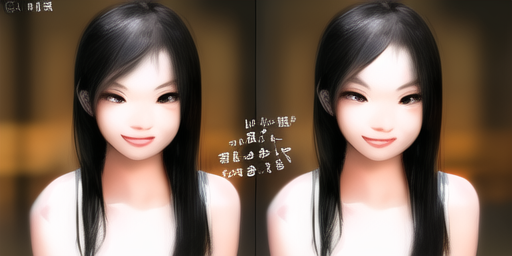《杨晨:从家到大舞台,展现一代人影响力的传奇》
在当今的时代,中国网络直播界已经成为了连接世界和互动的重要场所。中国镀金星的一个真正吸引人的名字——杨晨,在网络上建立了自己的品牌和影响力。他不仅是一位才华横溢的直播主演、影片导演,还是一名全球知名的音乐歌手和舞者。在这篇文章中,我们将深入阐述杨晨个人资料及其在网络直播平台上的故事,以挖掘一段具有特殊性格和影响力的艺术生命。
第一段:从小期很富有的家庭背景
杨晨的故事以他来自一个璀璨且富有的家庭为起点,这不仅是一条成长路。在家中,他从小就被教育和指导,讲究美学和体育。杨晨的母亲作为一名音乐家,对他有着深厚的影� Writers often use irony as a literary device to create effects that are the opposite of what is stated or expected. Irony can take several forms, including situational, verbal, and dramatic. Understanding these different types of irony requires analyzing context clues within texts.
Situational Irony
Situational irony occurs when there is a discreprancy between the expected result and the actual outcome. For example:
A man spends weeks preparing for a job interview, expecting it to secure him his dream position. However, he ends up being fired on the spot without any explanation. The situational irony lies in the stark contrast between his expectations and reality—preparation meant for success leads to an unexpected failure.
Verbal Irony
Verbal irony is when a speaker says one thing but means another, often the opposite of what they say. It's usually identified by context clues such as tone, facial expressions, or additional information provided. For example:

When someone asks you if you enjoyed your birthday party because it rained and no guests showed up (a situation that typically wouldn't be enjoyable), a sarcastic response would be, "Oh, I absolutely loved every minute of my perfect celebration." The verbal irony is in the exaggeration, which clearly contradicts what one might genuinely feel under such circumstances.
Dramatic Irony
Dramatic irony occurs when the audience or reader knows more about a situation than the characters do, creating tension or humor through this disparity. For instance:
In Shakespeare's "Romeo and Juliet," the audience is aware that Juliet has taken a sleeping potion to feign death so she can be with Romeo; however, Romeo believes she's truly dead. This creates dramatic irony as we anticipate his tragic reaction based on our understanding of events unknown to him at the time.
In summary, identifying situational, verbal, and dramatic irony involves examining context clues that reveal contradictions between expectations or stated meanings versus actual circumstances or intended outcomes. Recognizing these literary devices enriches comprehension and appreciation of various texts' deeper layers.
用户评论 0
暂无评论




